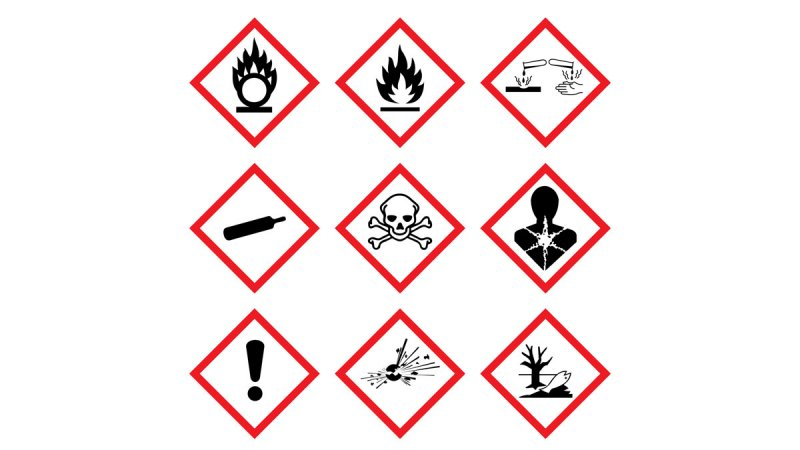
VinciWorks has just released a new course as part of its Market Rules series. Competition Law: Know Your Market drops users into a set of immersive scenarios to test their knowledge, understanding and ability to comply with UK competition law. The course is broken into short modules that cover different aspects of UK competition law, including price-fixing, cartels and meetings with competitors. Each module contains simulations of real business dilemmas with key learning points related to the scenario.
Each set of scenario questions is illustrated with real life examples and the latest news concerning enforcement action from the Competition and Markets Authority. Users come away with a comprehensive understanding of the UK Competition Act, the Enterprise Act, and how to apply their knowledge to everyday situations.
Course features
The course contains three interactive modules covering cartels, competition and pricing. Each of the three modules includes news stories relating to the topic, scenario based questions and opportunities to gain extra points by reading more on the topic.
Here are some of the core features of the course:
- Covers the Competition Act 1998 and the Enterprise Act 2002
- Gamified learning that rewards users with a new experience points system
- Expert users are able to “test out”, allowing them to complete the course in less time
- Available in multiple languages
- Add your own custom scenario questions
- In-depth modules on cartels, pricing and competitors
By completing the training, users will gain a clearer understanding of UK competition law, be better equipped to evaluate risks and follow the right course of action and have a better understanding on the repercussions breaching competition law can have on the market.
Three interactive modules
Cartels

A cartel is an agreement between competitors which results in anti-competitive activities. This could include an agreement to fix prices, share markets, rig bids or limit output at the expense of the interests of customers and without any countervailing customer benefits. Cartels increase prices by removing or reducing competition which results in increased prices for customers. Cartels have a corrosive effect on the wider economy, as they reduce the incentive for business to operate efficiently, innovate, and provide the best value for money for consumers. Cartels lead to higher prices, poorer quality, and restricted or no choice.
Price-fixing

Price-fixing is agreeing with a competitor what price customers will be charged. It can also include agreements not to sell something below a minimum price or agreeing not to undercut a competitor. Price-fixing leads to inflated prices and customers being overcharged.
Competitors

This module explains key terms related to competition, such as market sharing, bid rigging and cover pricing. The module presents scenarios and asks users to rate how risky different topics in the conversation are.















